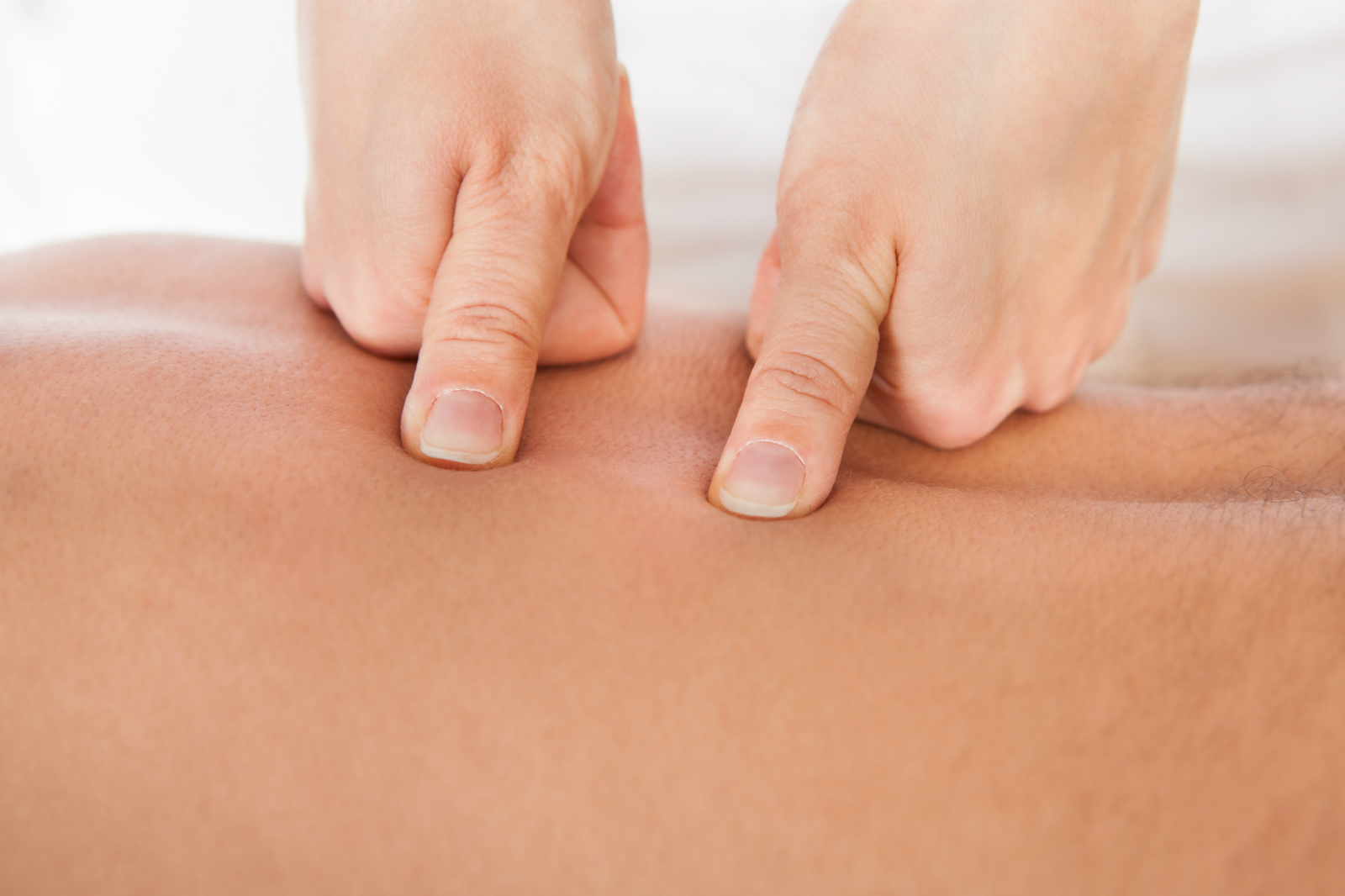It’s almost the end of the semester, and I’m hopelessly behind on so many things. I remember, in the forgotten corners of my exhausted memories, some vague goal about going to RSF, our university gym, three times a week. It all seems strangely comical now. Exercising? In my schedule? No. Just no.
Broke, exhausted, stressed—and the latest addition—exercise-deprived students lack time. Those precious forty minutes that students might spend on a treadmill could easily be used for something more satisfying than running: napping, eating, watching videos, and procrastinating. In the cost-benefit analysis of exercising, the benefits—which we don’t know nearly enough of—do not seem to outweigh the costs.
When students feel overwhelmed, exercising can relieve stress. Endorphins, a specific type of hormones, contribute to the “happy” feeling associated with eating chocolate. Exercising, like indulging in that bag of Hershey’s Kisses, also releases endorphins—minus that daunting post-chocolate guilt. Intense running, biking, or swimming for thirty to forty seconds followed by slowing down to a gentle pace for five minutes before repeating the cycle a few times can stimulate that “runner’s high.” Exercising also increases the growth of neurons (brain cells) in areas damaged by depression and anxiety and improves connections between these cells by acting like a natural antidepressant. Essentially, exercising makes people happy. As Reese Witherspoon eloquently put it in Legally Blonde, “exercising releases endorphins, endorphins make people happy, and happy people just don’t kill their husbands.” Clearly, we all need that dose of happy—especially during those midterms or finals “seasons” when happiness is a distant memory.
Exercising promises the impossible: helping you study better. “Exercise is the single best thing you can do for your brain in terms of mood, memory, and learning,” says Harvard Medical School psychiatrist John Ratey. “Even 10 minutes of activity changes your brain.” Yes, you read correctly. Walking, running, jumping rope—doing anything to increase the heart rate will in fact make you—wait for it—smarter! Exercising stimulates the brain to produce growth factors that help make new connections between neurons. These new connections improve our learning capabilities: boosting attention and concentration levels. Activities that require coordination—like tennis or participating in a dance class—provide the “biggest brain boost.” Exercising enhances learning capacities: studying is more effective with regular activity than without.
If thirty to forty minutes still strains your schedule, there are ten-minute workout plans. An intensive ten- to fifteen-minute workout stimulates the same hormones, as would a forty-minute workout. In fact, walking—yes, just walking—briskly for ten minutes is more beneficial for the body than an continuous thirty- to forty-minute workout. It decreases blood pressure more effectively than a strenuous long workout would.
After researching the benefits for regular exercise and physical activity, I think I can rephrase my firm “no” to a “maybe.” My schedule, like every other student’s on campus, is stressful, overwhelming, and downright annoying. Yet, I think I’ll alter my schedule enough to squeeze in a couple of days of RSF. If I can’t make that—which I’m sure I will not after the first week—then maybe I’ll walk to classes at a faster pace than my usual I-can’t-believe-I-have-to-go-to-class pace. Amidst stress, procrastination, and all the other unpleasant college issues, I could sure use a little mood lift. When I find happiness overrated and exercising impossible, at least I can tell myself that running for those ten minutes will improve my GPA.
Article by Hera Maryam
Feature Image Source: Time
























